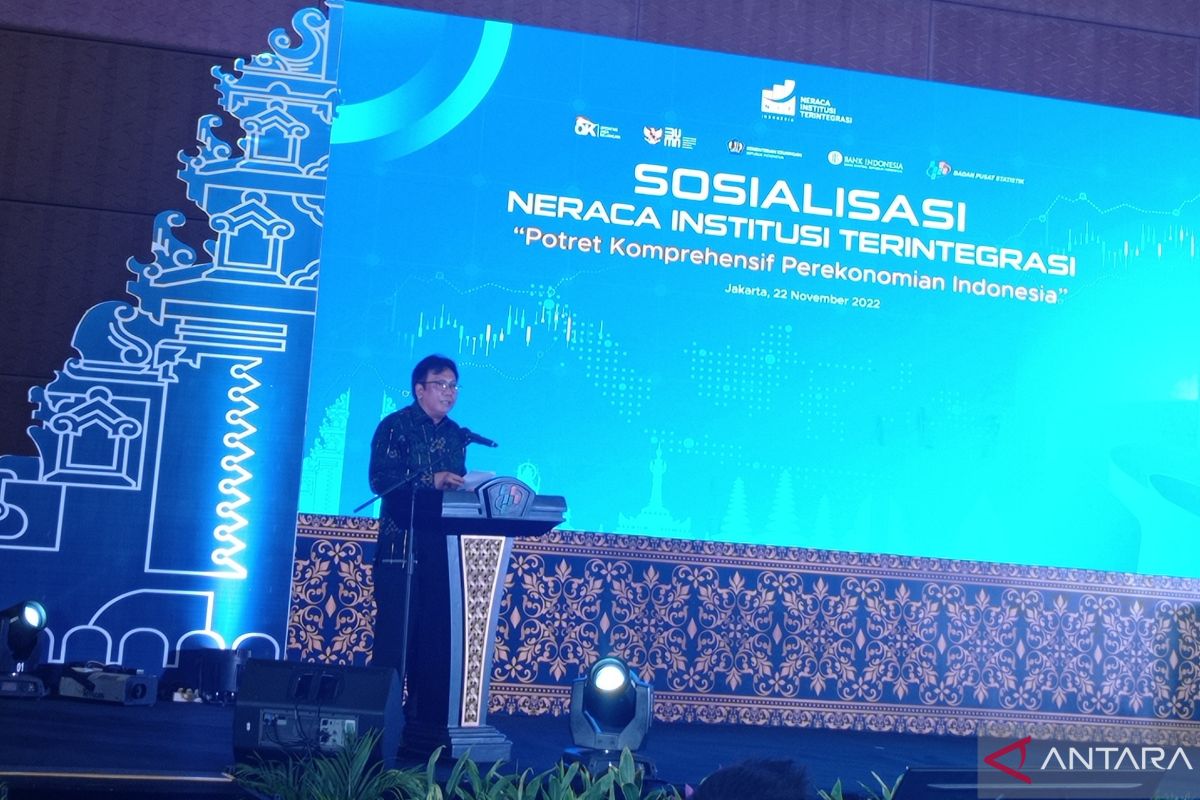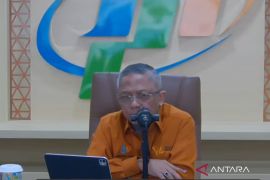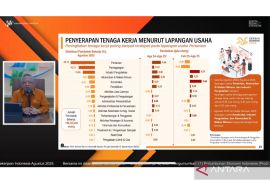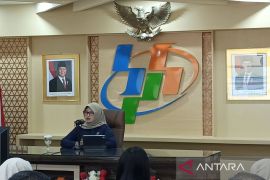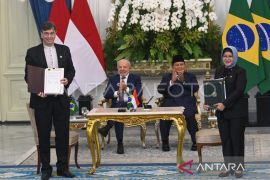"The provision of NIT is also Indonesia's commitment to fulfilling the recommendations of the Data Gap Initiative (DGI), especially point 2.8 regarding the dissemination of sectoral accounts and balance sheets (SAB) or NIT," Yuwono informed at the NIT launch and socialization in Jakarta on Tuesday.
The process of compiling NIT was carried out in a series of stages, starting from collecting data from various ministries and agencies, data reconciliation, to reviewing and analyzing data.
In preparing the NIT, BPS collaborated with Bank Indonesia and received full support from the Ministry of Finance, the Ministry of State-Owned Enterprises (BUMN), and the Financial Services Authority (OJK) as the main data provider.
"NIT is the estuary of integrated, comprehensive, and coherent macroeconomic data. Therefore, collaboration between agencies in the preparation of NIT must be maintained and strengthened," he said.
The preparation of NIT also involved data harmonization to ensure the consistency of macroeconomic data and included the harmonization of gross domestic product (GDP) data from three approaches, namely production, expenditure, and income.
Furthermore, the consistency of NIT data with the government's financial statistics released by the Ministry of Finance, monetary-financial statistics released by BI, and balance of payment data from BI was also ensured.
"This harmonization effort is a step to maintain the consistency of various data sources in order to guarantee the quality of Indonesia's macroeconomic data," he explained.
Coordinating Minister for Economic Affairs Airlangga Hartarto earlier said that the government is exerting efforts to control the inflation rate at the national and regional levels.
Market operations have been organized by involving various stakeholders to ensure commodity price affordability, and collaborations between regional authorities have been forged to ensure commodity supply security, he added.
The minister said that the government will also optimize the utilization of digital trading platforms, offer cargo fee subsidies to bolster logistics movement, and expedite the implementation of food plant programs.
"(We are taking several measures) to anticipate, for instance, the high demand for chili, particularly near the year-end," Hartarto informed here last week.
Regional authorities have also formulated the balance of ten basic and strategic food commodities in their respective regions, he noted.
The regional authorities will cooperate with the National Food Agency to improve farming facilities and equipment, including storage facilities, at farm production centers, he added.
Related news: Zero Indonesian provinces recorded low HDI score in 2022: BPS
Related news: Regsosek data a basis for accurate policy making: Bappenas
Related news: BPS readies 400 thousand officers to conduct Regsosek data collection
Translator: Sanya D, Azis Kurmala
Editor: Sri Haryati
Copyright © ANTARA 2022
